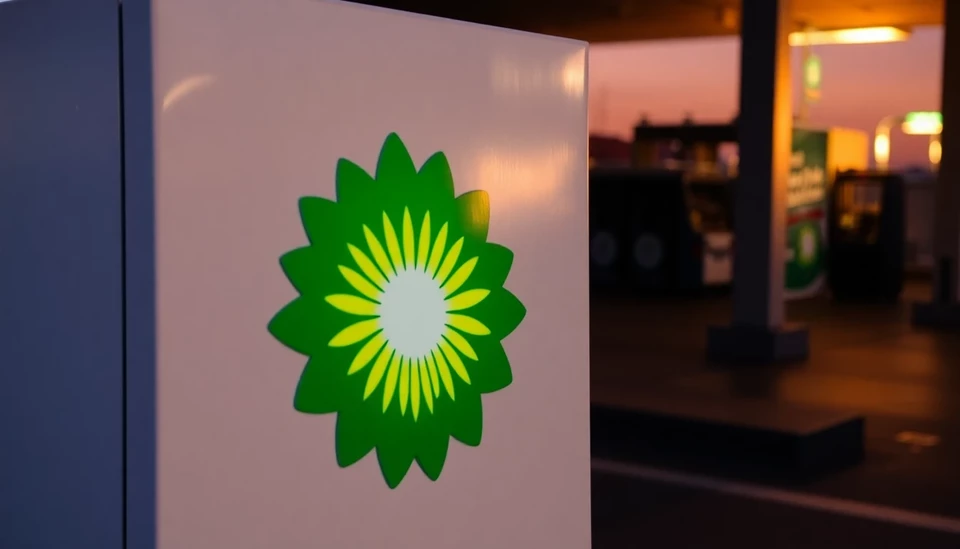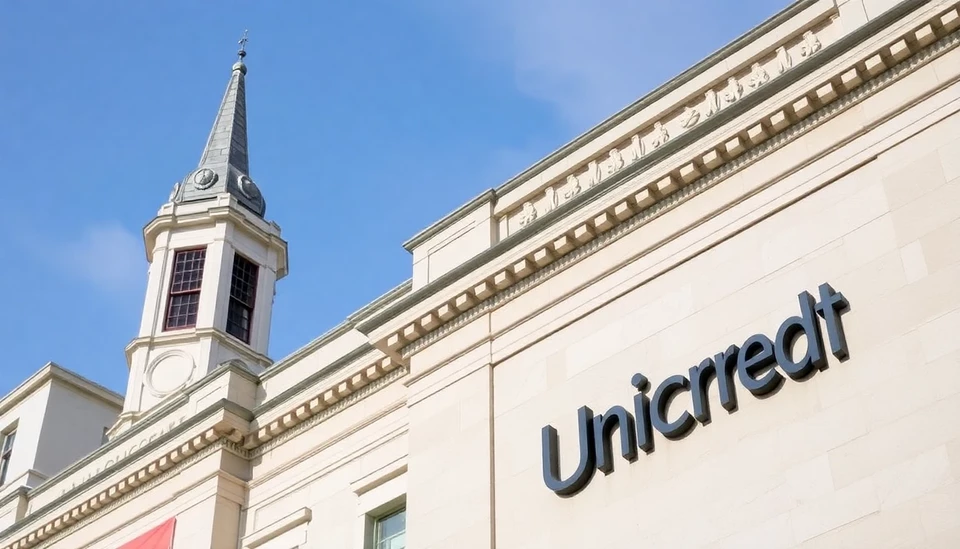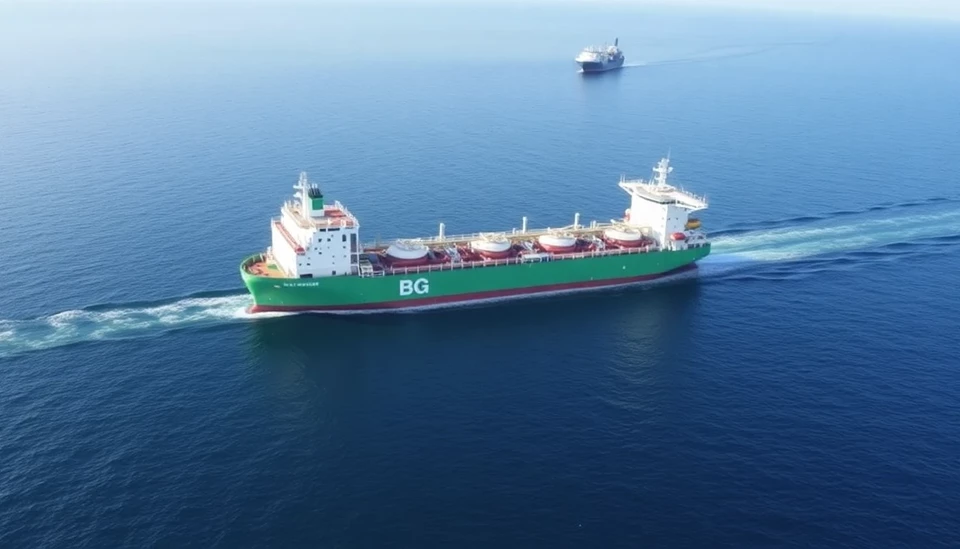
In a significant shift in its strategic approach, BP is under mounting pressure to adapt following a sharp decline in oil prices, which recently plummeted to around $65 a barrel. This sudden drop in the Brent crude oil benchmark is pushing the energy giant to reconsider its operational methodologies as well as long-term sustainability goals, particularly in light of an ongoing global push for cleaner energy sources.
The recent volatility in the oil market, exacerbated by geopolitical tensions and a sputtering global demand post-pandemic, has raised serious questions about BP's profitability in the near future. Company executives have publicly acknowledged the urgent need for a strategic reset. This marks a crucial juncture for BP, which had previously set ambitious carbon neutrality goals by 2050.
With oil demand fluctuating sharply, the company faces challenges not only in maintaining its market position but also in ensuring investor confidence. BP's stock has seen significant fluctuations as stakeholders weigh the implications of rising climate concerns alongside the current economic turmoil. As a response, BP is exploring various avenues including an expansion of its renewable energy portfolio, which may involve re-evaluating capital expenditures and investment strategies. BP aims not only to adapt to current market conditions but also to align its future endeavors with a more sustainable business model.
Moreover, BP's reassessment comes as major competitors are also adjusting their strategies in response to the changing energy landscape. The company needs to balance its traditional oil business while simultaneously investing in alternative energy sources like wind and solar. Lack of clear direction may hinder BP's ability to compete effectively in both arenas.
Analysts suggest that one possible pathway for BP might be to ramp up efficiencies within its current operations, thus reducing costs amid declining prices. This would allow BP to maintain its market share while also providing the capital necessary for development in renewable sectors. The energy industry is watching closely how BP navigates this transitional phase and whether it can successfully forge a new identity that melds traditional oil production with innovative green energy solutions.
As the oil market remains highly unpredictable, BP is at a crossroads that could define the company for years to come. The pressure is on for BP to develop a clear strategy that not only addresses immediate financial concerns but also aligns with the global trajectory towards sustainability. This pivotal moment could either hinder or foster BP's long-term ambitions within an evolving market landscape.
With the outlined strategy changes, BP aims to retain its status as a key player in the energy sector while being proactive on environmental commitments. The coming months will reveal the effectiveness of BP's recalibrated approach and whether it can sustain its operational and ethical commitments in a challenging economic context.
#BP #OilMarket #EnergyTransition #Sustainability #CrudeOil #StrategicReset #RenewableEnergy #ClimateAction
Author: John Harris




